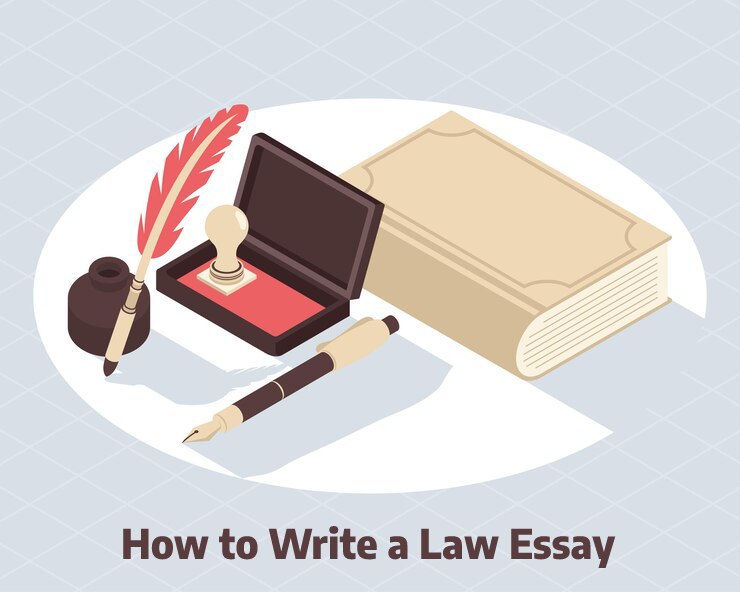How to Write a Law Essay

Writing a good law essay help takes some practice and a lot of reading. This is especially true for tackling complex problems and questions.
A well-written essay will demonstrate an understanding of the relevant law and evidence it in a variety of ways. It will also include a mix of binding and persuasive authorities and make use of appropriate citations.
Thesis Statement
A good thesis statement is the heart of any law essay. It tells your readers what the essay is about and helps you organize your ideas and research.
Writing a thesis statement can be challenging because it requires more thought than many other parts of an essay. However, it can be worth the extra effort.
Thesis statements should be specific, precise, arguable, demonstrable, forceful, and confident. They should also be focused on the question you are answering.
A thesis statement should be compelling because it will compel your reader to read the entire paper. The best thesis statements answer a particular question and leave your readers wondering what you will say next.
Body Paragraphs
A law essay needs a strong body paragraph that demonstrates your knowledge of the subject matter. It also needs to have a strong argument and convincing evidence.
The first step to writing a good law essay is to create an outline. This will help you structure your ideas and keep you from straying during the writing process.
In addition, the plan will help you organize your research and save you time while writing. You can also use it as a reference when you’re in doubt about how to write a particular section of the paper.
Your body paragraphs will include facts, quotes, and examples that support your thesis statement. Make sure that you include all the relevant facts and sources for each point you make in your paper.
Conclusions
When you write a law essay, your conclusion should summarise your key arguments and reinforce the position that you have taken throughout. This is important to ensure that the reader is left with a clear understanding of your argument.
The best conclusions are well thought out and reflective. They should include one or more sentences that summarise all the legal issues analysed in your essay, plus a few short sentences to provide a general answer to the question posed at the beginning.
You should also make reference to any theories or problems you identified throughout your essay. This can be done by linking your analysis to the theoretical framework that was analyzed in class or to the wider context surrounding your issue.
Conclusions should also promote additional thinking and research. This could be through a final quote from academics that you find interesting or by citing any relevant case law or legislation that you have used in your essay.
Citations
When writing a law essay, it is important to make sure you have included citations and bibliographies. This will demonstrate that you have a good understanding of the law and can refer to relevant sources of information.
Using relevant authorities is an essential part of any first-class law essay. It is also important to include a wide range of sources, including binding and non-binding (or persuasive) authorities.
Aside from the legal sources you have chosen for your essay, you should also include references to other legislative materials such as bills that are not law, hearings and related documents. In these cases, you should cite the legislative material according to its source and provide a brief description of the legislation in your essay, rather than giving your personal opinion as to the law.
The citations in your essay should be clear and consistent. This will help your reader follow your arguments and keep your essay flowing smoothly.
